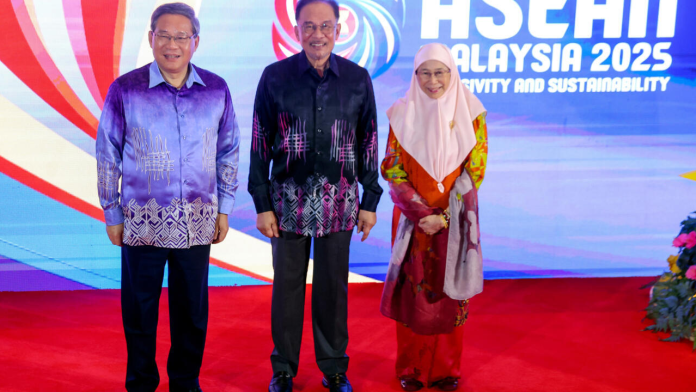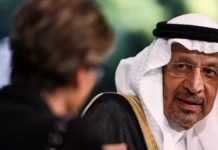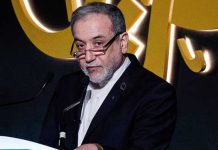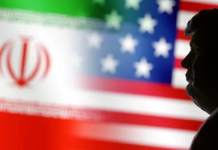Kuala Lumpur, May 27 (AFP/APP/DNA):Southeast Asian leaders are looking to insulate their trade-dependent economies from geopolitical uncertainty, in particular US tariffs, as they hold talks with Chinese Premier Li Qiang and Gulf state dignitaries in Kuala Lumpur on Tuesday.
US President Donald Trump blew up global trade norms in April when he announced a slew of punishing levies targeting countries around the world, including US allies.
Though he subsequently instigated a 90-day pause for most, the experience has spurred the Association of Southeast Asian Nations (ASEAN) to accelerate efforts to diversify its trading networks.
“A transition in the geopolitical order is underway,” Malaysian Prime Minister Anwar Ibrahim said Monday.
After a lavish gala dinner the night before, Tuesday sees the inaugural summit between ASEAN, China and the Gulf Cooperation Council (GCC) — a regional bloc made up of Bahrain, Kuwait, Oman, Qatar, Saudi Arabia and the United Arab Emirates.
ASEAN has traditionally served as “a middleman of sorts” between developed economies like the United States, and China, said Chong Ja Ian from the National University of Singapore (NUS).
With Washington looking unreliable these days, “ASEAN member states are looking to diversify”, he said.
“Facilitating exchanges between the Gulf and People’s Republic of China is one aspect of this diversification.”
Malaysia, which holds ASEAN’s rotating chairmanship and opened the bloc’s 46th summit on Monday, is the main force behind the initiative, Chong said.
Opening the ASEAN-GCC meeting on Tuesday — China will join later in the day — Anwar said the two blocs had “the means and responsibility to rise as anchors of stability and engines for future growth”.

















